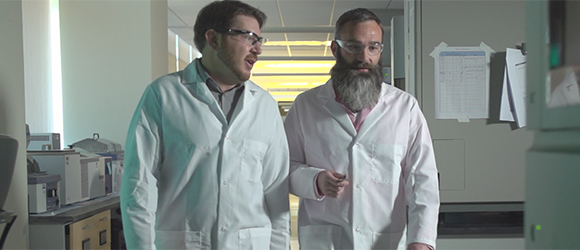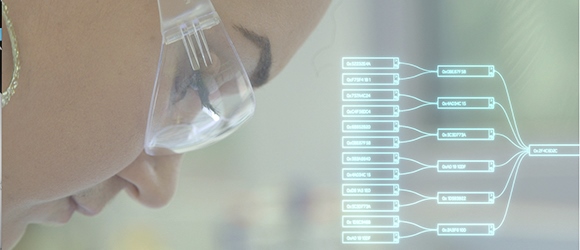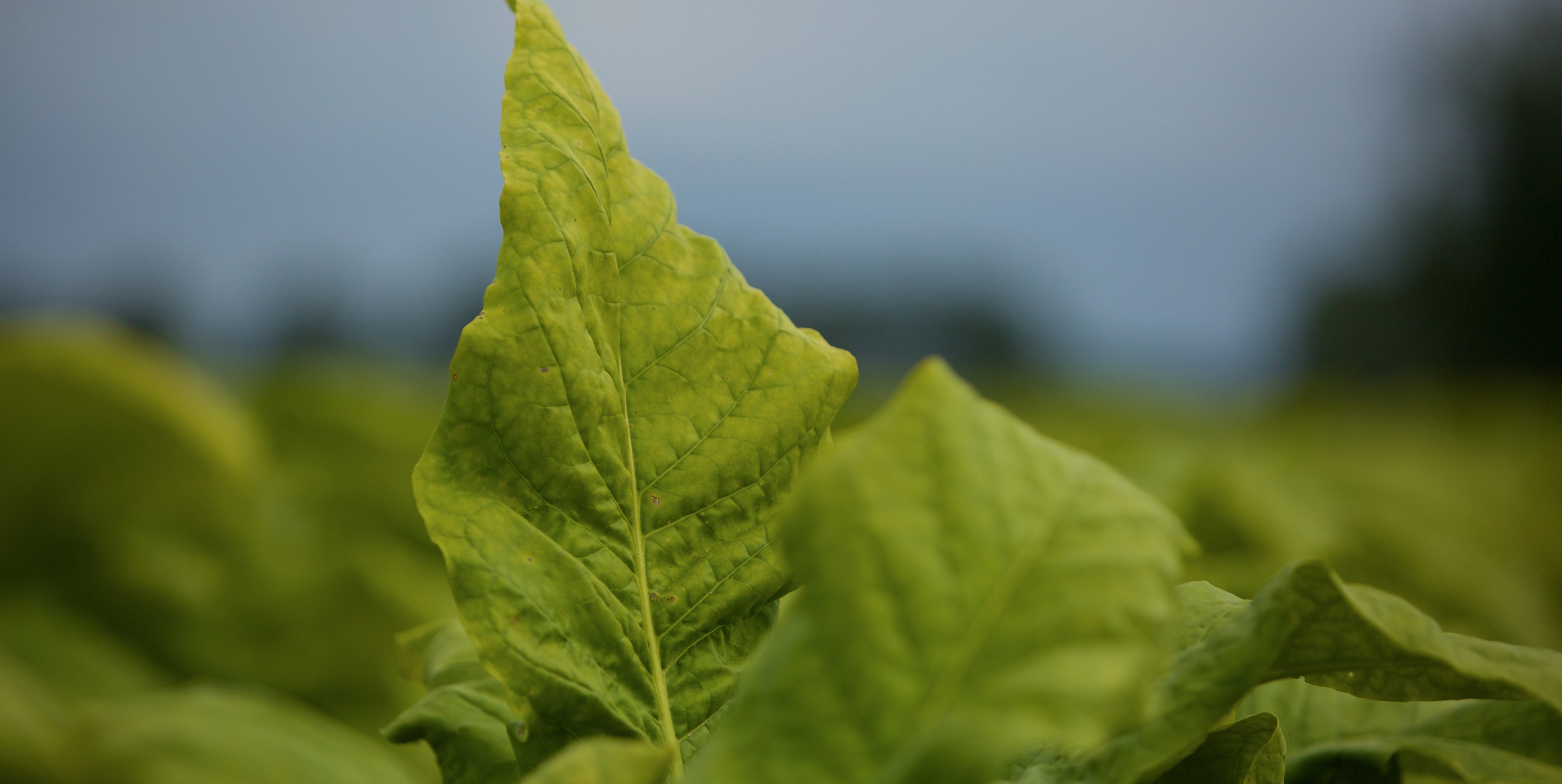
During the past several decades, the tobacco industry has taken a number of measures to decrease both NNN and NNK in flue-cured Virginia and burley tobaccos.
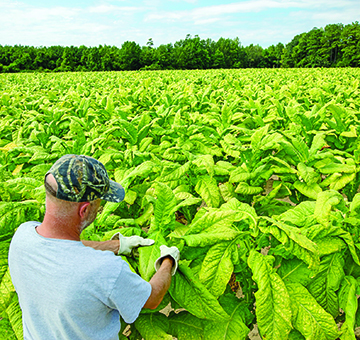 These measures include:
These measures include:
Barn conversion – More than 30,000 barns in the United States
were retrofitted from direct-fired systems to heat exchangers to lower
levels of TSNA in flue-cured tobaccos. Heat exchangers do not expose
tobacco to direct-fired gases that contribute to the formation of
TSNAs during flue-curing.
Use of burley low-converter seed – Burley tobaccos contain considerably higher levels of nornicotine (a precursor to NNN) than flue-cured Virginia tobaccos. University of Kentucky LC Protocol developed a screening process to reduce the levels of nornicotine present in burley tobacco variety through selecting plants with less than 3% nornicotine relative to nicotine content prior to seed harvest.
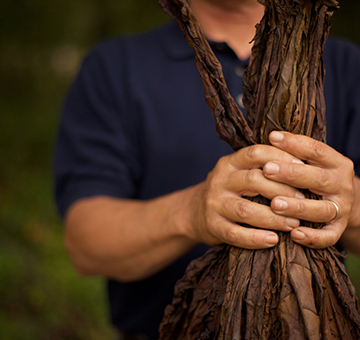 Adoption of good agricultural practices from the University of
Kentucky, North Carolina State University, Virginia Polytechnic Institute
and State University and University of Tennessee.
Adoption of good agricultural practices from the University of
Kentucky, North Carolina State University, Virginia Polytechnic Institute
and State University and University of Tennessee.
And now, today, the introduction of ZYVERT® technology and
seeds gives us even greater ability to further reduce the presence
of NNN.
Because ZYVERT® technology, a stable, seed-based
solution, takes care of the root cause of the problem and minimizes
conversion of nicotine to nornicotine, a precursor of NNN.
